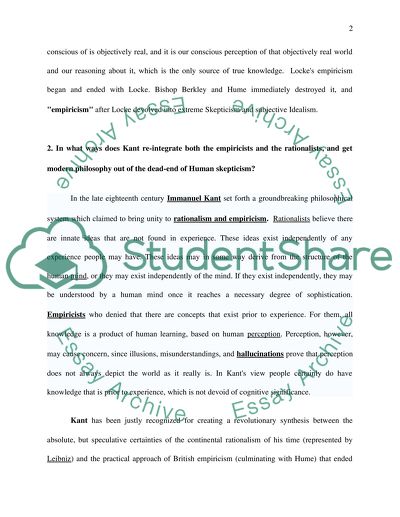Cite this document
(The Epistemology of the Empiricists Assignment Example | Topics and Well Written Essays - 1000 words, n.d.)
The Epistemology of the Empiricists Assignment Example | Topics and Well Written Essays - 1000 words. Retrieved from https://studentshare.org/philosophy/1501640-modern-philosophy
The Epistemology of the Empiricists Assignment Example | Topics and Well Written Essays - 1000 words. Retrieved from https://studentshare.org/philosophy/1501640-modern-philosophy
(The Epistemology of the Empiricists Assignment Example | Topics and Well Written Essays - 1000 Words)
The Epistemology of the Empiricists Assignment Example | Topics and Well Written Essays - 1000 Words. https://studentshare.org/philosophy/1501640-modern-philosophy.
The Epistemology of the Empiricists Assignment Example | Topics and Well Written Essays - 1000 Words. https://studentshare.org/philosophy/1501640-modern-philosophy.
“The Epistemology of the Empiricists Assignment Example | Topics and Well Written Essays - 1000 Words”. https://studentshare.org/philosophy/1501640-modern-philosophy.


